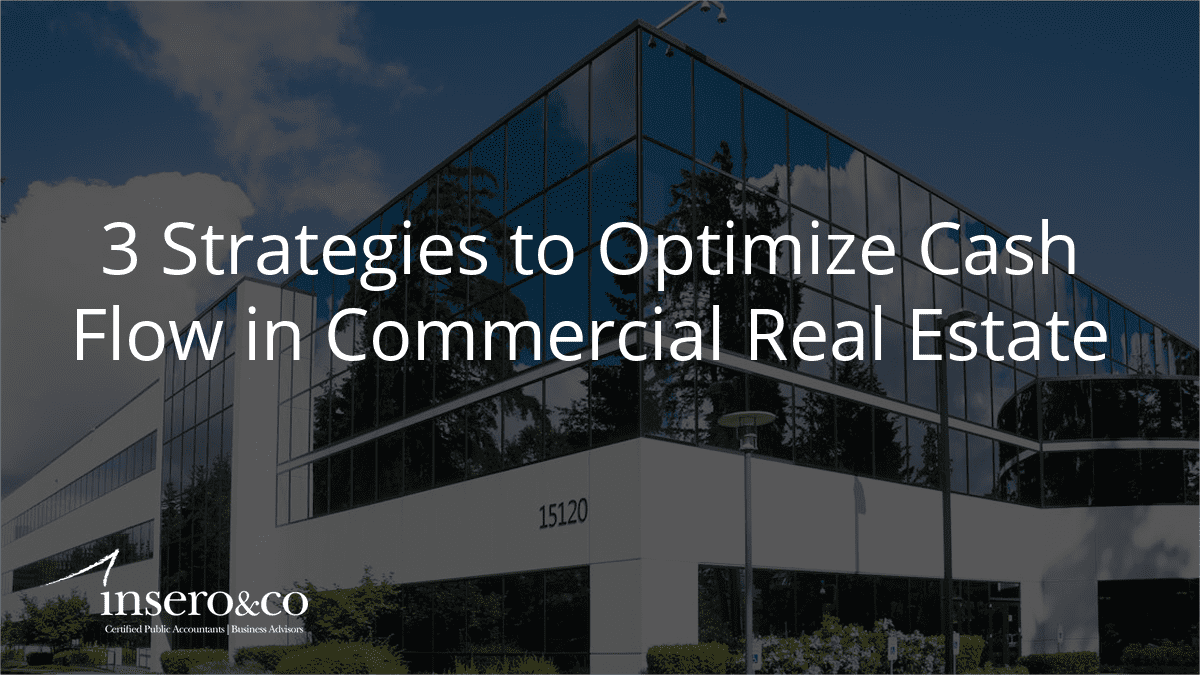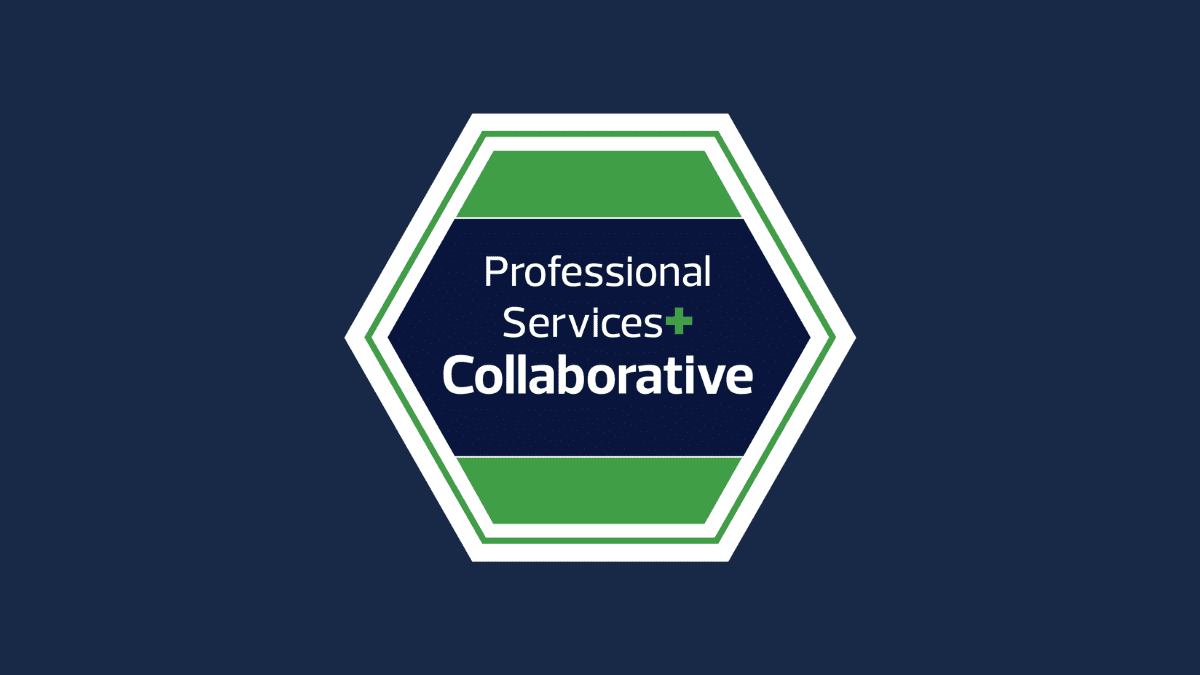ARTICLE | December 19, 2023
Over the past decade, we’ve seen more and more executive directors lead their organizations toward a truly data-driven future—and for good reason. Being able to gather, access, and analyze accurate, real-time data from across your nonprofit is essential to optimize resources, improve decision-making, and stand out from other organizations.
Building a truly data-driven culture is not easy. It requires an ongoing commitment that incorporates these four best practices.
1. Define your objectives
Before diving into data collection and analysis, it’s crucial to define clear data objectives that align with your nonprofit’s mission and goals. Start by asking your team what specific insights they need to drive your organization forward—which questions do they most need to be answered to do their jobs more effectively?
Whether it’s improving donor engagement, enhancing program effectiveness, or optimizing resource allocation, your data objectives should guide your data collection and analysis efforts. Having well-defined goals will ensure that you focus on collecting relevant data and avoid drowning in a sea of information.
2. Invest in powerful tools and technologies
To become data-driven, nonprofits need modern tools and technologies to collect, store, and analyze data efficiently, with as much automation as possible.
Best-in-class software solutions like Sage Intacct offer comprehensive features for budgeting, financial reporting, and grant management. With the right platform, you and your team can streamline financial processes, gain real-time insights into financial health, and make data-driven decisions with confidence.
3. Put people first
Remember that a data-driven nonprofit will only be successful if the people in your organization embrace data-driven practices. You can help them buy into the possibilities by incorporating their opinions and feedback throughout your planning and deployment processes.
It is also essential to provide your employees with training and support, so everyone understands how to access, analyze, and use the data that impacts their roles. Make sure your employees see data as a valuable resource that empowers them to make better decisions, not a threat or added obligation.
4. Keep evolving
Data-driven decision-making is not a destination but a continuous process of learning, adapting, and evolving to better achieve your nonprofit’s goals. New technologies and tools are continually emerging that can help you gain deeper, faster insights. It is important to stay on top of emerging trends, or hire experts who can help you determine when it’s time to adopt new tools.
Get expert assistance
Insero & Co. can help you develop and maintain a data-driven culture using the latest features of best-in-class ERP solutions like Sage Intacct. Contact us to talk about the relationship-based services we provide and how we can help your organization achieve its mission.
Do you have questions or want to talk?
Call us at (800) 232-9547 or fill out the form below and we’ll contact you to discuss your specific situation.




